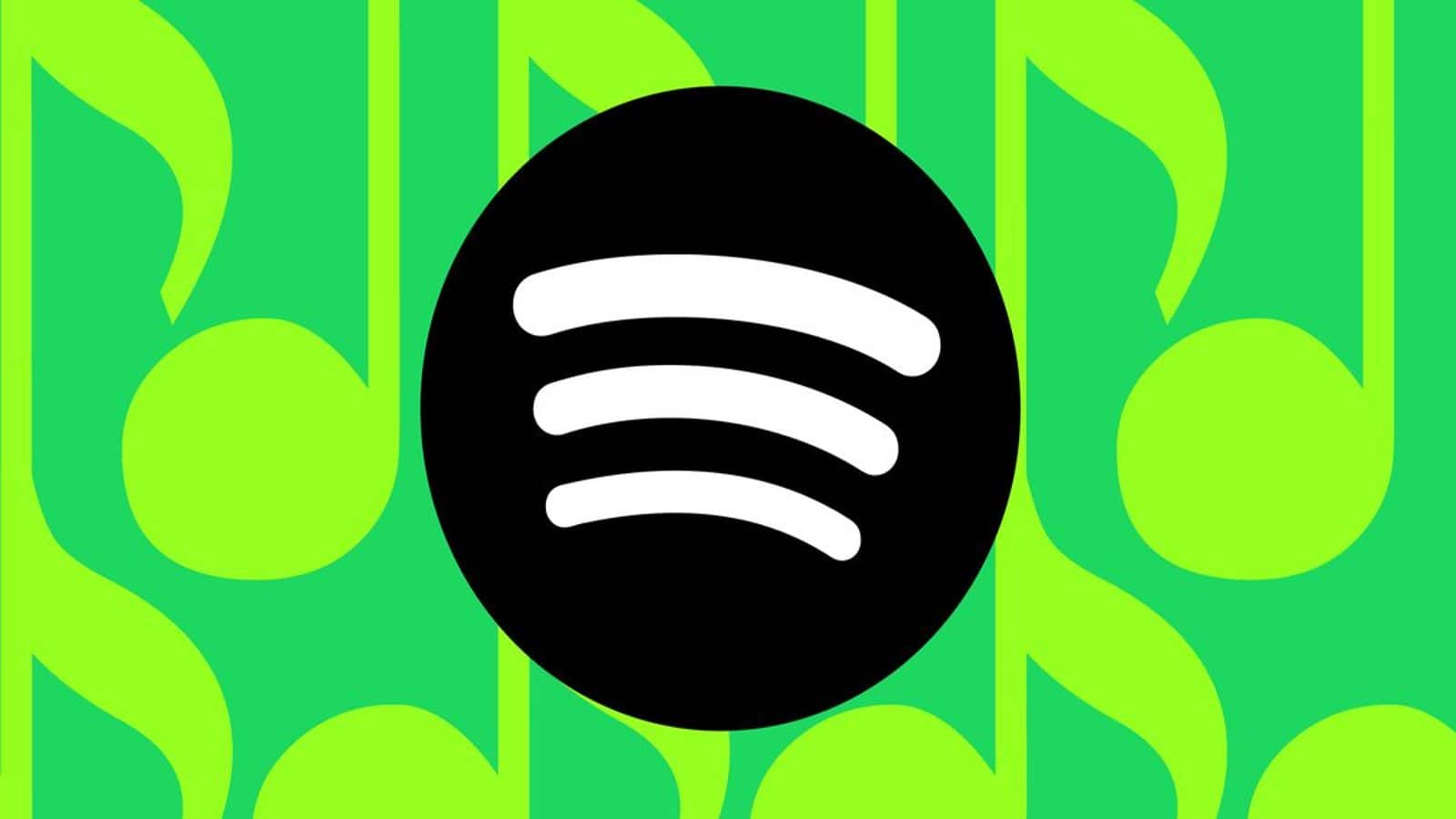
Spotify working on remix facility to rival TikTok's fast-paced tracks
What's the story
Spotify, the music streaming giant, is reportedly developing a remix feature inspired by the trend of fast-paced tracks on TikTok. According to The Wall Street Journal, this new tool will allow paid subscribers to "speed up, mash-up, and otherwise edit" their favorite songs. The modified versions can then be saved for future listening. This move is seen as an attempt by Spotify to tap into the immense popularity of TikTok and attract a younger audience.
Rising trend
Remix trend gains traction among younger demographic
The trend of altering music tracks has gained significant popularity among teenagers and young adults on TikTok. Pex, a content analysis firm, reported that 38% of songs on the platform had their speeds/pitches modified in 2023. This marked a substantial increase from the previous year's figure of 25%. Spotify's upcoming tools could potentially allow users to adjust song speeds, mirroring this growing trend among younger listeners.
Subscription plans
Spotify's remix tools to be included in Premium subscriptions
Spotify plans to include some of these remix tools in its standard Premium subscription, which costs $10.99 per month in the US. More advanced features may be part of a higher-priced tier, dubbed "Supremium." This premium tier is also expected to incorporate Spotify HiFi — the company's highly anticipated lossless audio feature, offering superior sound quality.
Unauthorized remixes
Unauthorized remixes: A growing concern for streaming platforms
The issue of unauthorized song remixes extends beyond TikTok. Pex estimates that at least 1% of all songs on streaming platforms like Spotify, Deezer, Apple Music, and Tidal are altered audio. "We're talking more than 1 million unlicensed, manipulated songs that are diverting revenue away from rightsholders this very minute," stated Larry Mills, Pex's Senior VP of Sales.
Artist benefits
Spotify's remix feature could benefit artists financially
Spotify's remix feature could potentially create new income streams for artists. This approach differs from platforms like TikTok, where artists and labels often don't profit from modified songs due to tracking difficulties. The company reportedly plans to restrict these user-generated remixes from being shared on third-party services, aiming instead to simplify the process for artists to bag royalties or other compensation for their work.